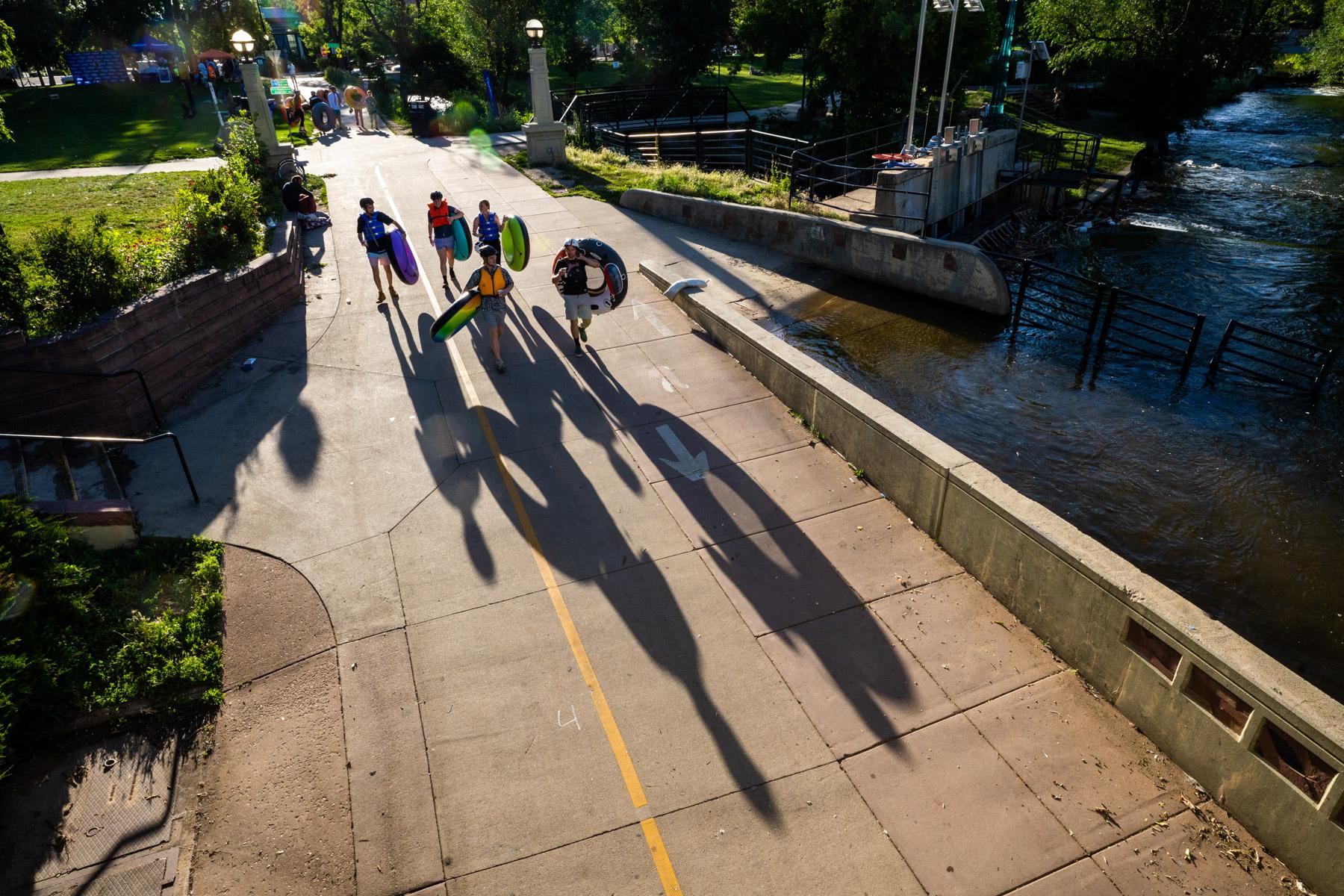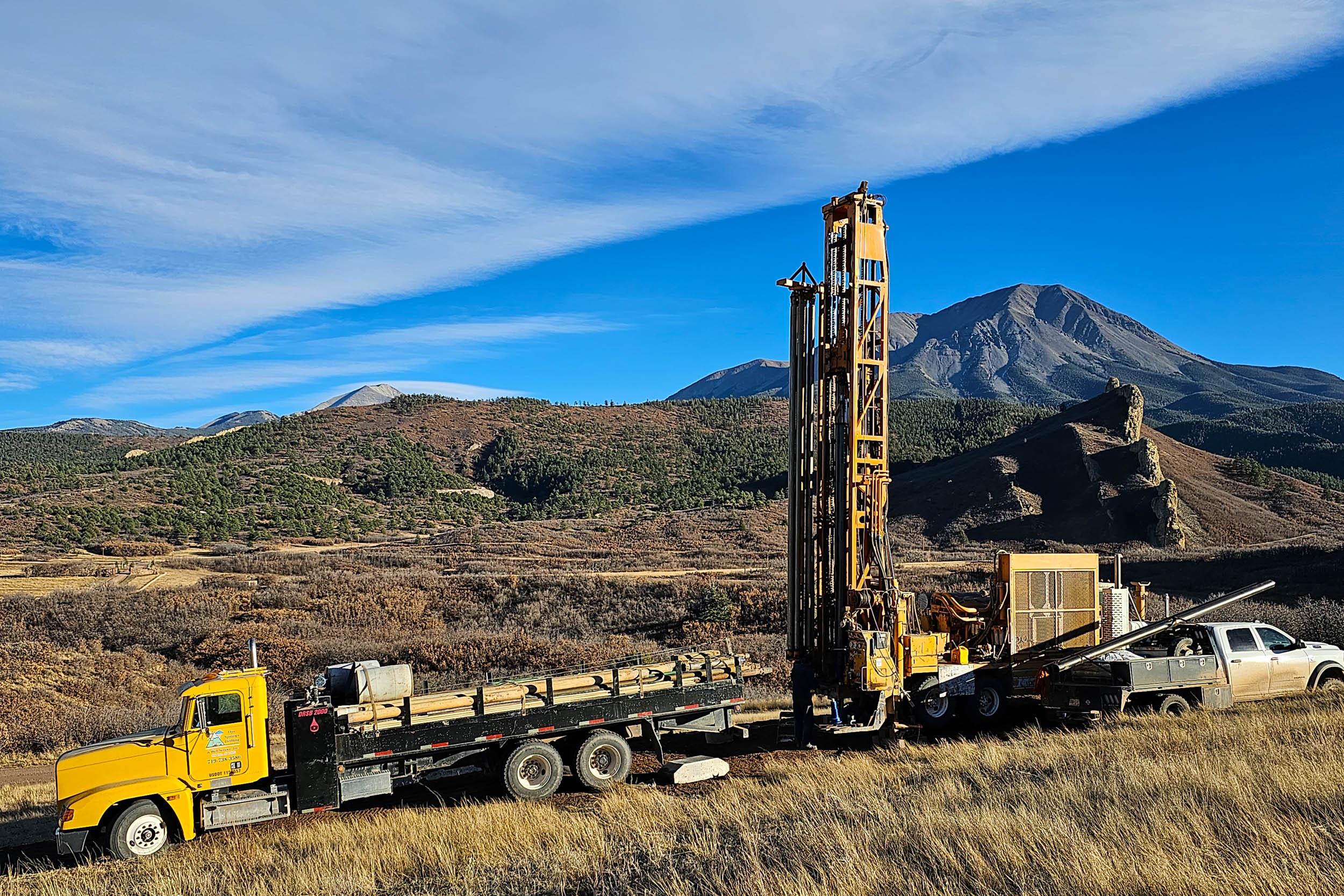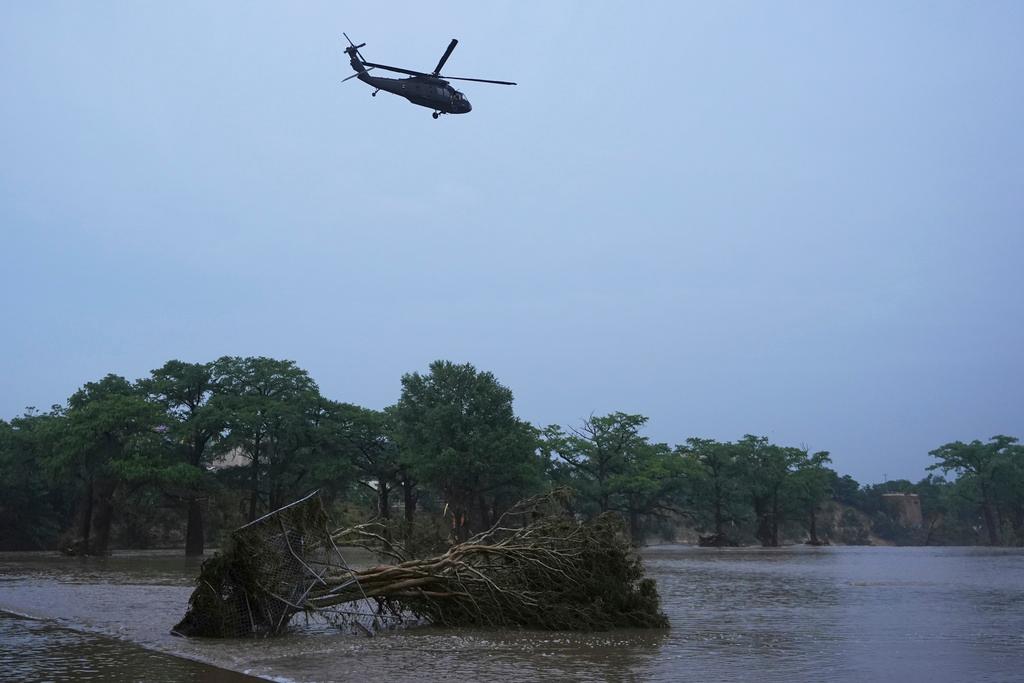
A high pressure weather system moving over Colorado will send temperatures across the state soaring – potentially into the triple digits – Monday and Tuesday.
The forecast high for the Denver metro on Monday is 99. Greeley and parts of the Eastern Plains are forecast to hit at least 100, and potentially hotter.
“We’re seeing temperatures that are decently above normal at least for the start of this week,” said Caitlyn Mensch, a meteorologist with the National Weather Service in Boulder.
The average temperature for the Denver area this time of year is around 90, Mensch said. The weather pattern driving up the heat is similar to the one that caused a record-breaking heatwave in the U.S. Southwest this month, she added.
Colorado has already seen multiple daily temperature records fall this summer, surprising local meteorologists and leading to regular heat advisories.
The NWS hasn’t issued an official heat advisory for this week, Mensch said. But said it’s still important for residents to watch out for symptoms of heat-related illnesses, which can get worse over a long stretch of above 90-degree days.
Simple tips for staying healthy include staying hydrated and seeking indoor shelter during peak hours of afternoon heat. If you have to be outside, take regular breaks and watch out for signs of heat exhaustion.
“Don’t leave pets or kids unattended in cars or outside for very long,” Mensch said.
Across the state, communities in Southern Colorado and the Western Slope are also forecast to hit hot temperatures.
The NWS’ Pueblo office issued a heat advisory for Colorado Springs and surrounding communities for Monday, where the high is forecast to hit at least 94 degrees.
Grand Junction is forecast to hit 100 degrees every day at least through Friday.
The Denver metro and Northern Front Range will cool down slightly starting Wednesday. Temperatures will fall to the lower 90s, with a chance of showers and storms and rain, according to NWS.
Climate change is making heat waves longer, more frequent and more intense in Colorado and around the world. This year, those trends are being amplified by El Niño, which started in June.









